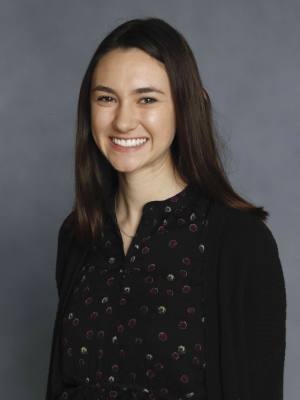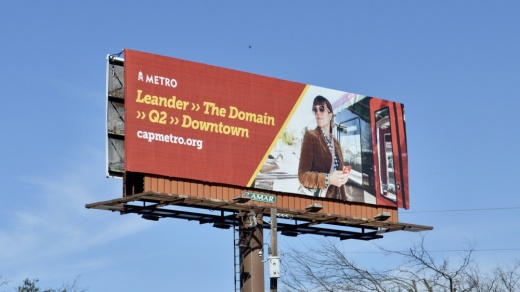At their Jan. 25 meeting, council members will have a closed session discussion regarding Capital Metro and could take action to order a special election.
The council may also take action on an interlocal agreement with Capital Metro, whose board will meet Jan. 24 to consider approval of the agreement. The agreement would be part of Capital Metro’s Build Central Texas program, according to the board agenda.
If the council votes to call for a special election May 7, the ballot would also ask voters for permission to reallocate the 1% sales tax that goes to Capital Metro for its services.
Council members discussed Jan. 20 which sales tax type to place on the ballot. In a 6-1 vote, council directed staff to create an ordinance for a 1% general sales tax revenue with Council Member Jason Shaw voting in opposition.
The city already receives a 1% general revenue sales tax, so voter approval to leave Capital Metro and reallocate the 1% sales tax to the city would create a total 2% general revenue sales tax in Leander. In 2021, the city of Leander received $9.8 million in its current 1% sales tax, according to the state comptroller.
General revenue sales taxes can pay for city operations in police, fire, parks and recreation, library and city administration departments, city economic director Cameron Goodman said Jan. 20. Funds can also be used for economic development, city salaries, city vehicles, capital improvement projects and debt service.
City officials and council members said the general revenue sales tax would give the city maximum flexibility and keep the ballot simple. Council Member Kathryn Pantalion-Parker said the flexibility would benefit the city in the future as funds could be allocated to fit changing city needs over time.
Mayor Christine DeLisle said the city could set aside portions of the general fund for economic development, but the flexibility could allow the city to fund “well-documented expenses that we can’t pay for right now," such as police officers, firefighters and infrastructure improvements.
City Manager Rick Beverlin said he favored the general revenue option because it could potentially be used for property tax reduction or to pay debt faster.
The second option presented was for a Type B economic development sales tax, which is limited in use for the creation of primary jobs in specific industries and to fund land purchases, building facilities and other projects to support economic development. Shaw spoke in favor of the Type B option because it would give council members more access to spending the money rather than the parameters of the Type A fund option.
Leander City Council will meet Jan. 25 at 6 p.m. at Pat Bryson Municipal Hall located at 201 N. Brushy St. The meeting will also be streamed online.
Recent discussions
Council began its most recent discussions in May 2021 when it directed staff to begin the process of placing Capital Metro involvement on a future ballot. In June 2021, the council publicly discussed the need for more data so that a more informed decision could be made.
Leander is one of the remaining original members of the Central Texas Transit Authority, which was formed in 1985 with Austin, Leander, Cedar Park, Pflugerville, Manor, Lago Vista, Jonestown, Point Venture, Volente, San Leanna, West Lake Hills and Rollingwood as members. Cedar Park, West Lake Hills, Rollingwood, Pflugerville and Volente are no longer members.
In 2000, an election was held to let voters decide whether to stay or leave Capital Metro involvement, and 491 of 738 voters chose to continue service.
A Leander transit study, which was presented to council in December, found that the city spent $158.78 per person on transit service. Peer cities without a transit sales tax average $5 per resident in transit program spending.
The study recommended implementing a full turn-key transit model if the city left the Capital Metro program. This means the city would enter an agreement with a private contractor to provide public transit options to Leander residents.
The program scenarios are scalable, which means services could be added or removed to fit the city’s needs, said Robert McHaney, a representative from study firm The Goodman Corp. Models did not include rail service, which would cost an additional $10 million per year to contract.
These transit scenarios ranged from $1.2 million to $2.9 million depending on the number of trips offered and employees. Employees would include a transit manager and a mobility coordinator. Implementation could take 120-180 days to begin service after contracts are executed, McHaney said.





